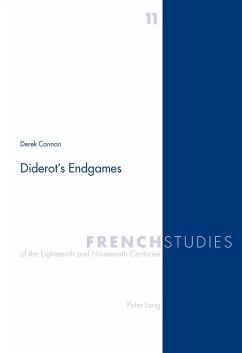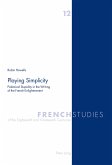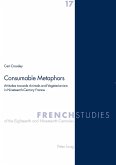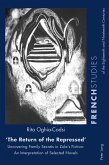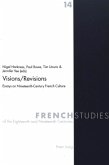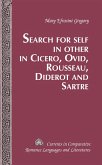One of the most remarkable features of Diderot's work is the refusal of closure in a large number of his texts which appears to leave philosophical, aesthetic or even narrative issues unresolved, and consequently invites a more active participation from the reader than more conventional works. Since it is in the nature of critical discourse to wish to answer questions, this aspect of the works has remained relatively unexplored, with some critics even choosing to ignore the questions asked by the endings in their efforts to give a specific and unambiguous meaning to texts that, in reality, seek to blur their meaning or even to avoid having one. This study addresses the problems posed by Diderot's endings directly, seeking through them to illuminate readings of the works as a whole. Hence it looks not just at the endings, but at what the endings can tell us about the complete texts, and how they are characteristic (or not) of the rest of the works.
«...students of Diderot at every level will find much in this volume to stimulate their interest in his writings, and a good deal to ponder in the discussion even of works which might be thought to be quite familiar. Derek Connon has written a valuable work of Diderot criticism.» (D.J. Adams, British Journal for Eighteenth Century Studies)

